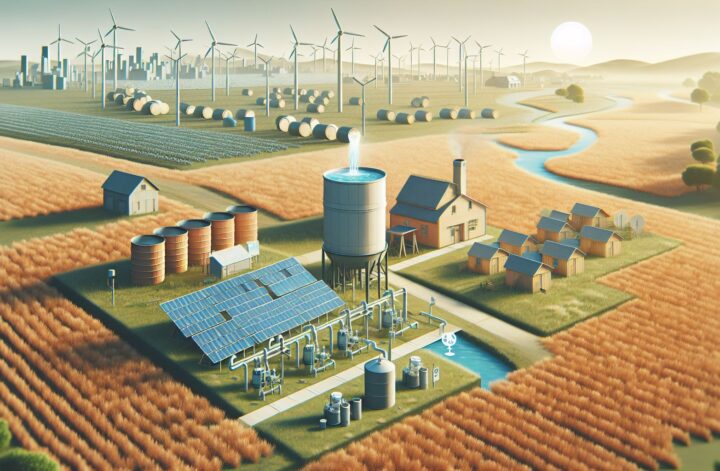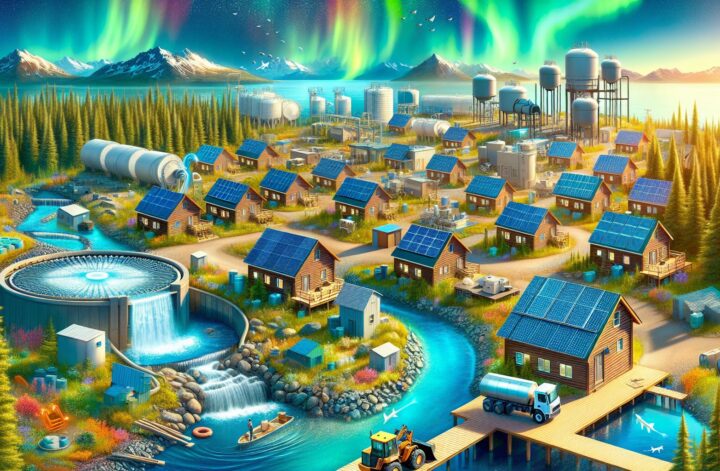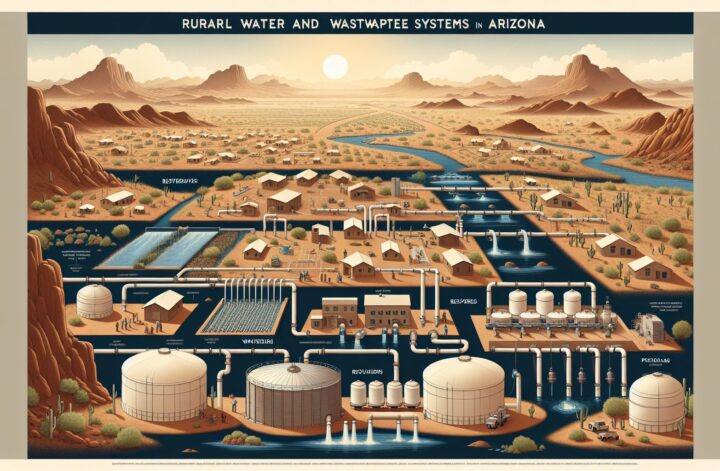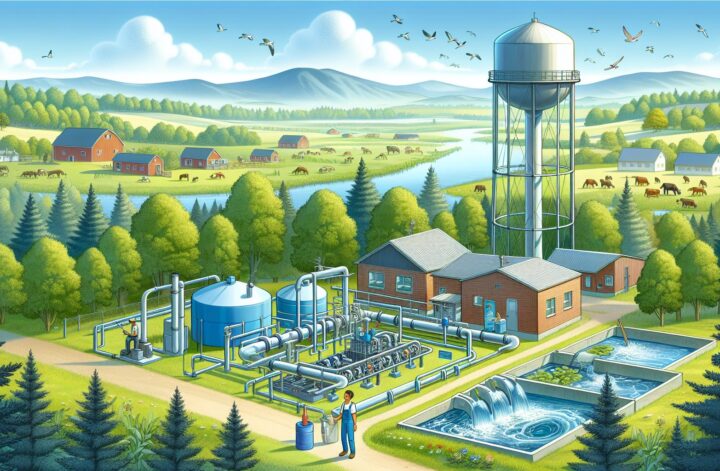Rural areas often face unique challenges when it comes to water and wastewater systems. Given the statewide size and topography of Alabama, it is not surprising that many of these challenges are prevalent here.
One of the primary hurdles to overcome in rural Alabama is the significant distance between households and communities. Because of this, it is often economically and technically impractical to connect these areas to centralized water and wastewater systems. The remoteness of the locations also makes it difficult to transport equipment and manpower needed for repair and maintenance purposes[^1^].
Another challenge is the economic climate of rural communities. Often, these areas have lower average incomes compared to urban areas. These communities may struggle to raise funds to build, upgrade, or maintain water and wastewater systems. When they are able to fund such systems, the cost of operation may be prohibitive due to the small population base to distribute the costs[^2^].
However, there have been significant strides in addressing these issues. The involvement of state and federal agencies like the Alabama Department of Environmental Management (ADEM) and the United States Department of Agriculture (USDA) has provided the necessary funding and technical support to rural communities. The USDA, for instance, has programs that offer loans and grants which have proven instrumental in helping communities meet these challenges[^3^].
Additionally, Alabama has initiated programs that focus on developing, implementing, and promoting cost-effective, decentralized, and locally operated solutions. Several communities have implemented decentralized wastewater treatment systems (DWTS) which work at a community or neighborhood level, significantly overcoming the issue of remoteness[^1^].
Undoubtedly, ensuring access to clean water and proper sewage disposal in rural Alabama remains a pressing concern. However, with continuing government support and innovative solutions, the future appears more optimistic.
[^1^]: Alabama Department of Public Health. (2020). Rural water and wastewater systems. Public Health Environmental Services. http://www.alabamapublichealth.gov/
[^2^]: USDA. (2019). Water & Waste Disposal Loan & Grant Program in Alabama. United States Department of Agriculture. https://www.rd.usda.gov/
[^3^]: Giberson, S. (2021). Rural communities in Alabama tackle clean water issues through USDA. AL.com. https://www.al.com/




